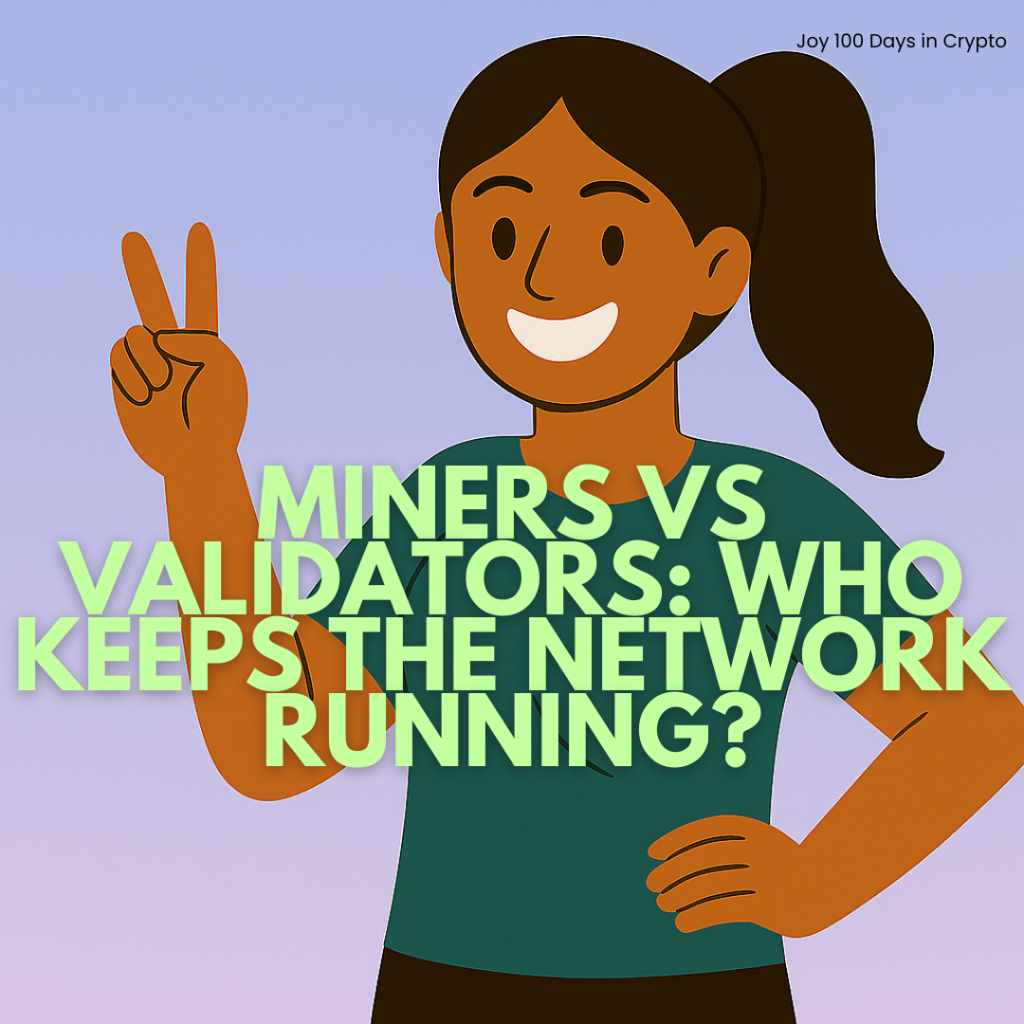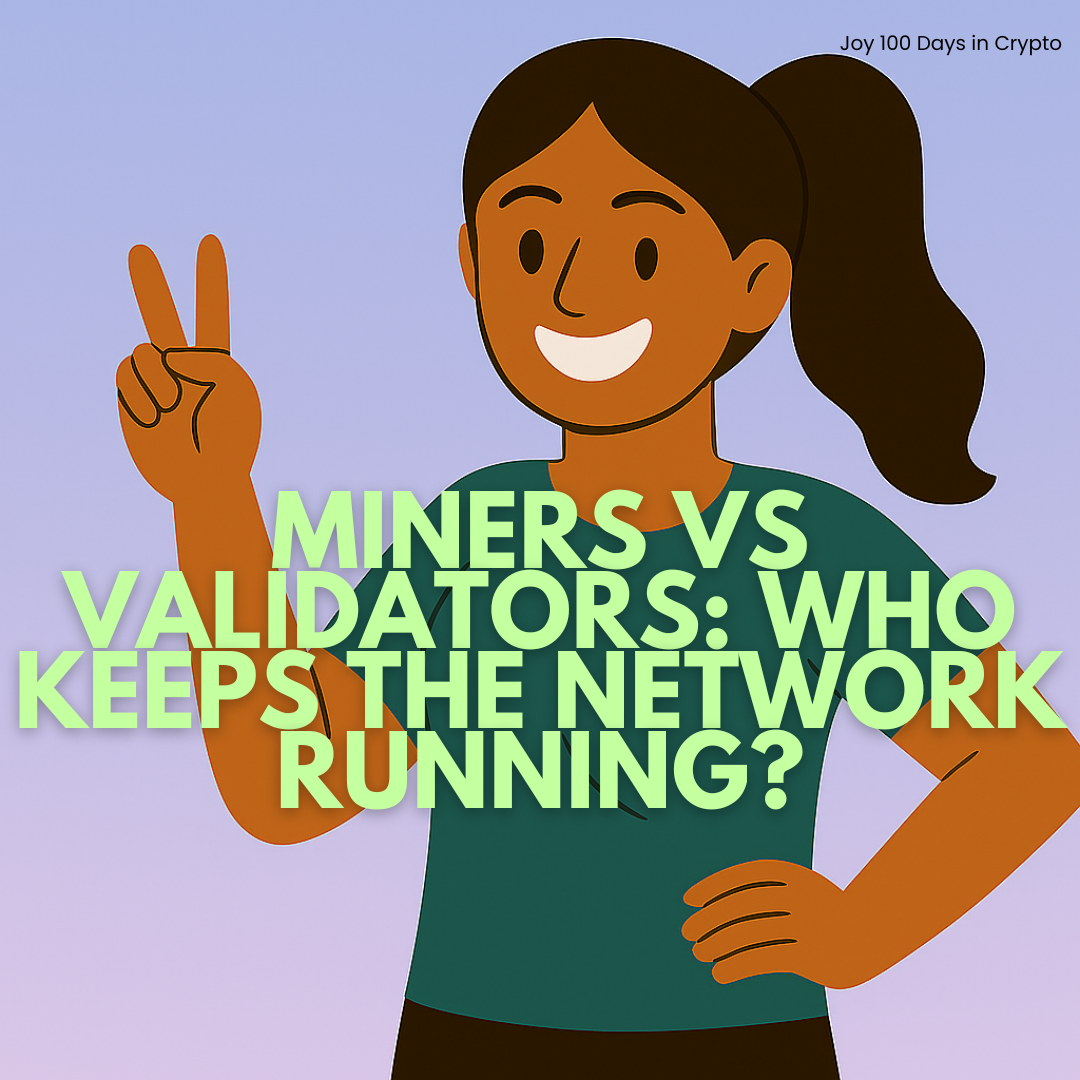Back in 2013, my husband bought a computer for mining. He didn’t really explain what it was all about, he just kept saying “Bitcoin this, Bitcoin that.” All I knew was that our electricity bill was suddenly doubling, sometimes even tripling, and a big chunk of our monthly budget was going into this mysterious thing I didn’t understand.
I never told him to stop, but I did keep pointing out the high electric bills. Eventually, he stopped mining. At that time, neither of us fully understood what was really happening. Fast forward to 2020, that’s when I finally pieced it all together — he was mining Bitcoin.
Looking back, I don’t see it as a mistake. It’s just that I didn’t know enough back then and he’s conviction was towards Bitcoin was weak (lol, I hope he doesn’t get to read this). And honestly, I think a lot of people who reflect on their early Bitcoin days feel the same way, hindsight is always clearer.
So what was he really doing all along? He was part of the network’s backbone: the people who keep blockchains alive. Let me introduce you to them — miners and validators.

Miners: The Proof-of-Work Crew
On Bitcoin, miners use powerful computers to solve tough puzzles. Imagine thousands of players in a massive Sudoku race — the winner gets to add the next “page” (block) to the blockchain. Their prize? New Bitcoin plus transaction fees.
This system is called Proof of Work (PoW). It’s energy-heavy, but it’s what makes Bitcoin so secure and reliable.
Validators: The Proof-of-Stake Crew
Not all blockchains use miners. Ethereum, for example, now runs on Proof of Stake (PoS).
Instead of solving puzzles, validators are chosen to confirm transactions based on how much crypto they “stake” (lock up). It’s like saying:
“Here’s my money as proof I’ll play fair.”
Validators don’t need massive electricity — they secure the network by putting their funds on the line. In return, they earn rewards and a share of the fees.
Why This Matters
Whether it’s miners or validators, these are the people (and machines) who:
✅ Confirm transactions are real
✅ Keep the network safe from fraud
✅ Make sure your payment is locked into blockchain history forever
No miners. No validators. No blockchain.
✅ Takeaway
Back in 2013, I only saw the rising electricity bills. What I didn’t see was that my husband was actually part of something much bigger, securing the Bitcoin network, one block at a time.
Now, I understand: miners and validators may not be flashy, but they’re the unsung heroes that keep crypto alive. Without them, there would be no blockchain, no wallets, no gas fees, and no crypto at all.

Leave a Reply